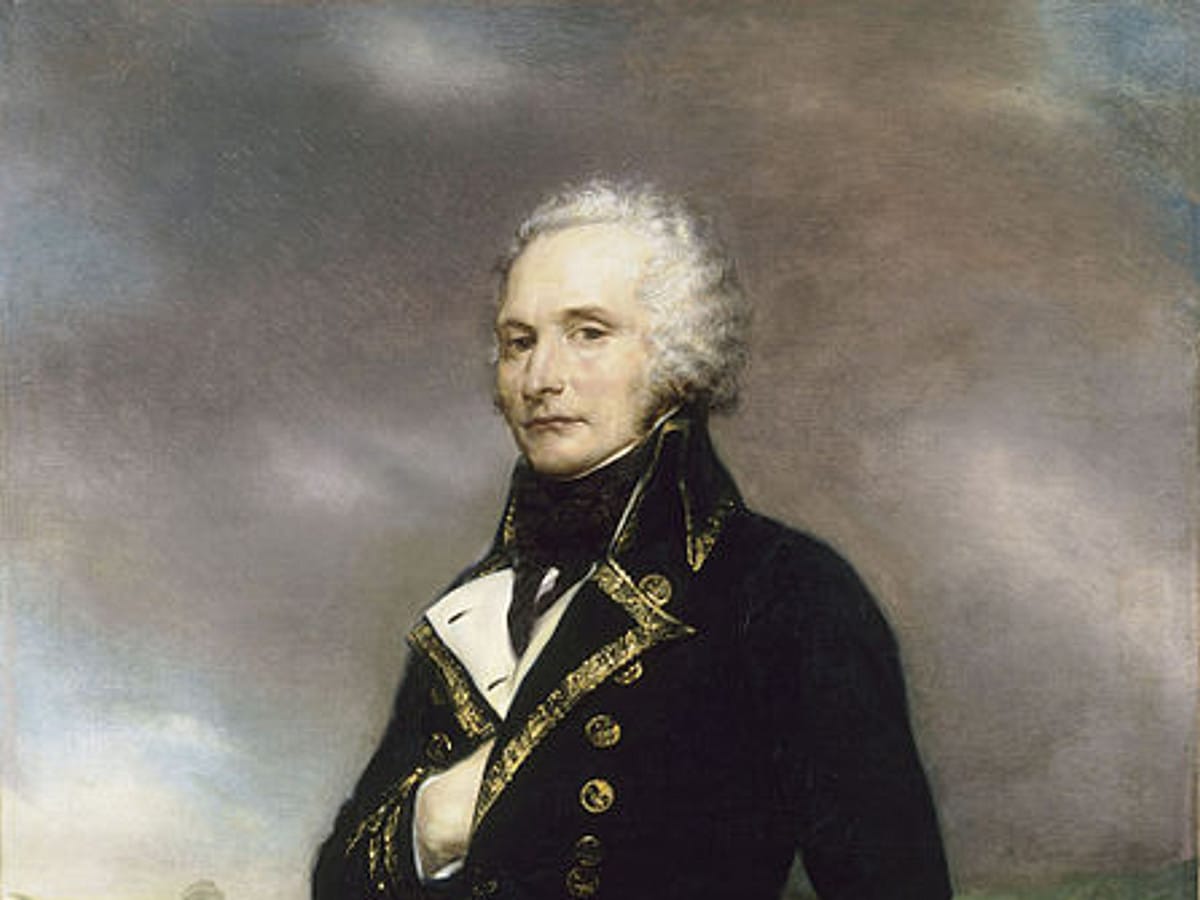The Rise and Fall of a French Revolutionary
Alexandre de Beauharnais, a nobleman who dared to embrace the ideals of the French Revolution, lived a life as dramatic as the era itself. Born into privilege, he ultimately sacrificed everything for liberty, equality, and a chance to reshape France. This is the story of his ascent to political and military prominence, his tumultuous personal life, and his tragic demise during the darkest days of the Revolution.
A Nobleman Embraces Revolution
Born in Martinique in 1760, Beauharnais could have easily remained within the comfortable confines of his aristocratic upbringing. Instead, he found himself drawn to the revolutionary fervor sweeping through France. He served in the American Revolutionary War, witnessing firsthand the power of a people fighting for their freedom. This experience likely influenced his decision to embrace the French Revolution upon his return.
Elected to the Estates-General in 1789, Beauharnais made a bold move by siding with the Third Estate, breaking ranks with his fellow nobles. This act demonstrated his commitment to a new France, one where power rested not on birthright but on the will of the people. His political star continued to rise, culminating in his election as President of the National Constituent Assembly, a pivotal role in shaping the early revolutionary government.
However, the Revolution, like a tempestuous sea, proved as unpredictable as it was transformative. As France descended into the Reign of Terror, fear, and suspicion became the order of the day.
Love and Loss in a Time of Upheaval
Amidst the tumult of revolution, Beauharnais’ personal life was equally dramatic. He married Joséphine Tascher de la Pagerie in 1779. It was a union marked by both affection and discord, strained by the political climate and personal challenges. Their relationship produced two children, Eugène and Hortense, who would later figure prominently in Napoleon Bonaparte’s empire.
The Shadow of the Guillotine
As the Reign of Terror tightened its grip, even those who had championed the Revolution found themselves vulnerable to its excesses. Accused of treason for his alleged failure to defend Mainz adequately, Beauharnais was arrested in 1794. The charges against him remain debated by historians, with some suggesting political motivations behind his downfall.
Despite his past service and ardent support for the Revolution, Beauharnais was convicted by a Revolutionary Tribunal. On July 23, 1794, he met his tragic end on the guillotine, his life cut short at the age of 34. His death serves as a stark reminder of the French Revolution’s complex and often brutal nature, where even its most devoted supporters could become victims.
A Legacy Endures
Though Beauharnais’ life was tragically cut short, his story didn’t end on the guillotine. His wife, Joséphine, after enduring imprisonment herself, would later marry a rising military star named Napoleon Bonaparte. Through this twist of fate, Beauharnais’ name became forever intertwined with one of history’s most iconic figures.
Joséphine, deeply affected by the loss of her first husband, carried his memory with her. Some historians believe that this loss influenced her relationship with Napoleon and, indirectly, shaped the course of European history. Beauharnais’ children also played significant roles during Napoleon’s reign. Eugène, adopted by Napoleon, rose to become Viceroy of Italy, while Hortense became Queen consort of Holland through her marriage to Napoleon’s brother, Louis.
The story of Alexandre de Beauharnais offers a glimpse into the tumultuous world of the French Revolution—a world where idealism and brutality often went hand in hand. His journey from Martinique to the heart of the Revolution, from a nobleman embracing change to a victim of the very forces he championed, serves as a cautionary tale about the unpredictable nature of revolutions. Though his life was cut short, his story serves as a reminder of the human cost of revolution and the enduring power of even the most turbulent of times to shape destinies.
Frequently Asked Questions
What happened to Alexandre de Beauharnais?
Alexandre de Beauharnais, after a brief but impactful time in the French Revolution, was tragically executed by guillotine in 1794 during the Reign of Terror. Despite his aristocratic origins, he passionately supported the Revolution, serving as a general and even President of the National Constituent Assembly. However, accusations of treason, likely politically motivated, led to his arrest and ultimately his death. His execution deeply impacted his wife, Joséphine, who would later marry Napoleon Bonaparte.
What happened to Napoleon’s first wife?
Joséphine de Beauharnais, Napoleon’s first wife, lived a life as remarkable as her second husband. Before Napoleon, she was married to Alexandre de Beauharnais, a French revolutionary general. After his execution during the Reign of Terror, Joséphine met and married Napoleon Bonaparte, then a rising military figure. As Napoleon’s power grew, she became Empress of the French. Despite their deep love, their marriage was annulled in 1810 due to their inability to have children together, which Napoleon saw as crucial for securing his dynasty. Josephine, granted the title Duchess of Navarre, continued to correspond with Napoleon after their separation. She died at the age of 50 in 1814, her life a testament to resilience and the tumultuous nature of the era.
Did Napoleon have children with Josephine?
No, Napoleon and Joséphine did not have biological children together. This fact ultimately led to their annulment, as Napoleon desired an heir to secure his dynasty. However, Napoleon adopted Joséphine’s children from her previous marriage, Eugène and Hortense de Beauharnais, demonstrating a complex familial bond that extended beyond blood ties. Eugène became Viceroy of Italy under Napoleon’s rule, while Hortense became Queen consort of Holland through her marriage to Napoleon’s brother, Louis.
Which French military leader was married to Josephine?
Before Joséphine became Empress of France as Napoleon Bonaparte’s wife, she was married to Alexandre de Beauharnais, a French military leader who played a significant role in the early years of the French Revolution. Beauharnais, born into a noble family, embraced the ideals of the revolution and served as a general. However, he was arrested and executed during the Reign of Terror in 1794, leaving a lasting impact on Joséphine’s life.
Discover more captivating historical figures:
- howard hughes and katharine hepburn
- august van pels
- helga susanne goebbels
- iceni boadicea
- emmett till death pictures
- jack the ripper victims photos
- Jerry McSorley’s Post-Divorce Life: New Beginnings - July 16, 2025
- The Rise and Fall of the New Haven Nighthawks: A Minor League Hockey Legacy - July 16, 2025
- Unlock Jerry McSorley’s Career Highlights: Eye Tax Inc.’s Solar Success - July 16, 2025















